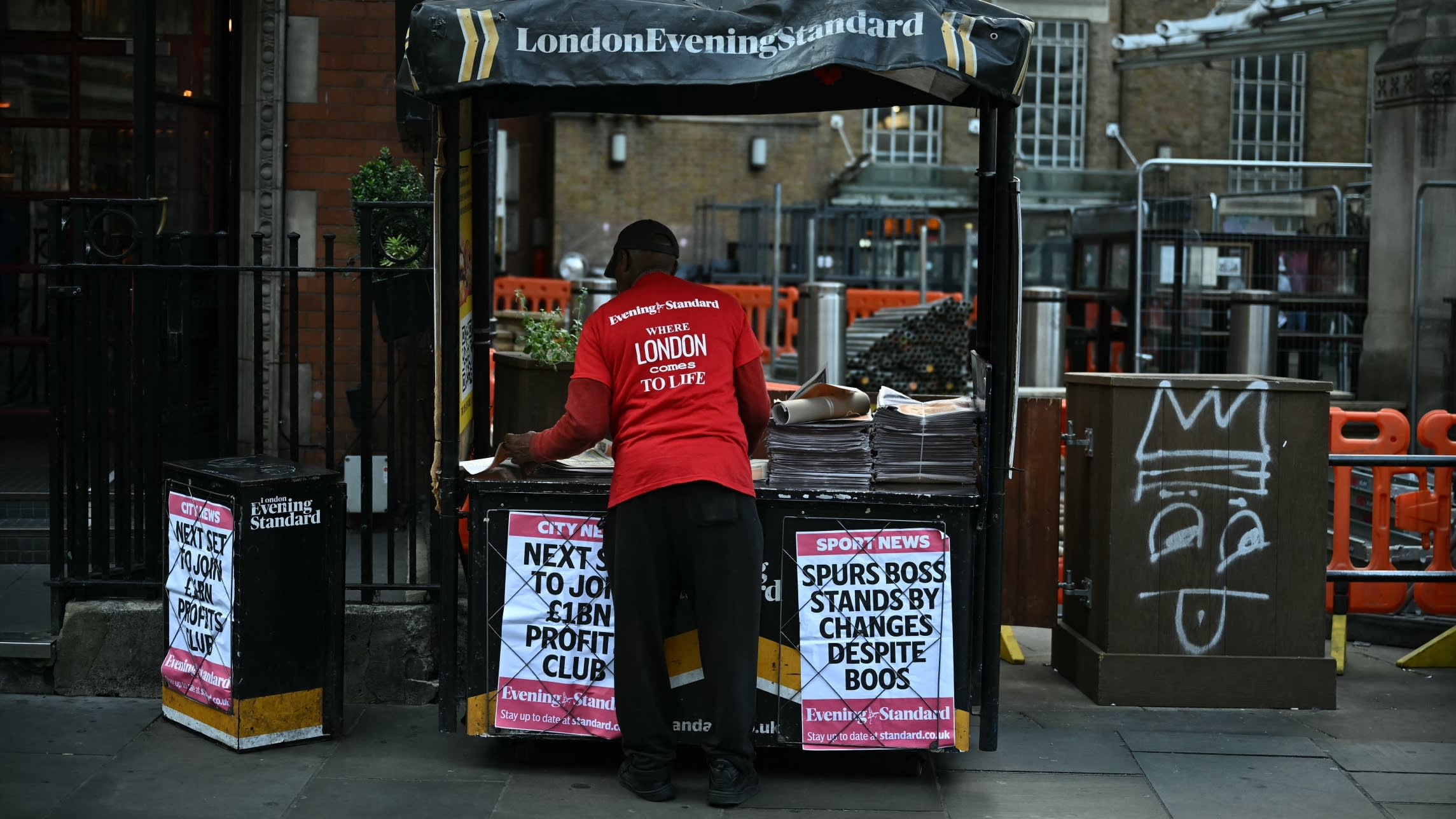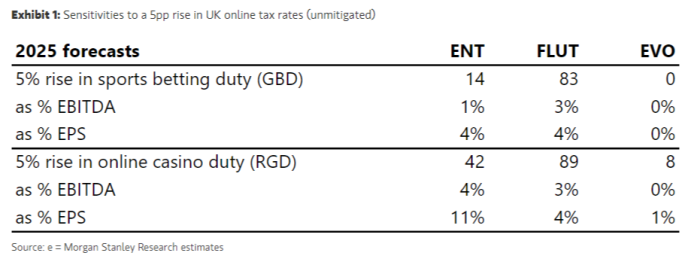The writer is a former shadow secretary of state for culture, media and sport
There was a clattering of dominoes across UK literature festivals this year when Baillie Gifford was dropped from the commercial sponsorship which supports this world. The asset manager’s exit came after sustained pressure from activists, authors, politicians and others who opposed its funding of the Hay Festival because a small percentage of its investments were in Israel and in oil companies. Elsewhere, the Turner contemporary art gallery in Kent was subjected to protests for not visibly campaigning on Palestine and there were a series of angry protests against oil company sponsorship of museums including the British Museum and the National Portrait Gallery.
Now we find arts organisations are being warned that the government’s proposed tax changes could lead some wealthy people to leave the country, reducing philanthropic donation and putting arts funding at further risk.
Arts organisations are an easy, visible, headline-grabbing target for campaigners. But these bodies do not extract oil or invest in weapons. The consequences of successful campaigns to remove funding does not lead to less oil or fewer arms. It doesn’t end climate change or prevent war. Investment portfolios don’t change. But it does put off sponsors and donors from investing in arts.
I share the aims of getting to net zero, tackling climate change and the nature emergency and transitioning from fossil fuels to renewables. I’m proud of the Labour manifesto I campaigned on during the general election campaign to achieve this. I just don’t think attacking art sponsorship is a valid or productive route and damages our cultural life without helping the cause.
Reduced sponsorship causes financial harm for cultural organisations. This risks livelihoods of staff and creators. Some organisations will simply go bust.
Instead of lying down pretending to be dead in front of gallery visitors, activists could talk with directors about funding and due diligence processes. Better still, talk to the source — the company whose behaviour they object to — or to politicians.
In some cases, it is staff or performers who protest. Yet they have the most to lose and the best chance of entering into constructive dialogue with organisations and sponsors.
Focusing on the oil protests, for example, the private sector is essential for decarbonisation, via direct investment and in manufacturing. More and more companies have net zero strategies. If activists believe these are inadequate, it is the source companies they need to be protesting, not art.
Sponsors and donors need to be willing to explain and discuss their strategies. There may be difficult arguments but they have the capacity to help articulate their goals. Arts organisations frequently do not. At Climate Change Week at the UN General Assembly last month I heard well-informed discussion and interrogation of net zero strategies, investment in new clean tech and more. The private sector is more than capable of explaining what they are doing and be willing to listen to and discuss how they might do more. This should not be left to the cultural world.
I assume activists who are calling on arts organisations to reject money from certain companies nevertheless want the state to continue to tax the same companies to pay for our public services? Why is it OK for the state to take their money but not the arts?
Creative industries are one of the strongest sectors for economic growth in the UK and part of what makes us great. Creators visit public museums for inspiration for costumes for films and TV. People who learnt their craft in the publicly invested cultural worlds go on to start commercially successful production, games and music companies. We need more art and culture, for joy, jobs and growth. Stop picking on art.





































































































































You must be logged in to post a comment Login